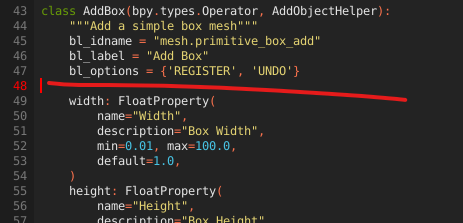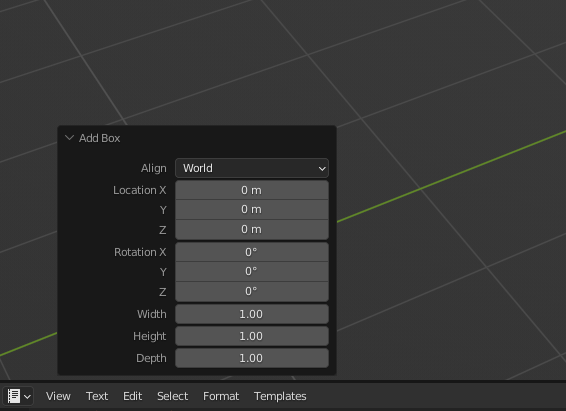Operators usually have their properties available in Adjust Last operator panel (F9) so if an operator has some property and has 'REGISTER' and 'UNDO' options:
it will show up in the panel after being used:
That's sort of standard way of doing things in Blender, but if you needed to have some property set before the operator is executed, you need to store it somewhere. If I understand it correctly, one common way to store global properties is in WindowManager:
import bpy
bpy.types.WindowManager.int_p = bpy.props.IntProperty(name = "Some Name", default=15)
class LayoutDemoPanel(bpy.types.Panel):
"""Creates a Panel in the scene context of the properties editor"""
bl_label = "Layout Demo"
bl_idname = "SCENE_PT_layout"
bl_space_type = 'PROPERTIES'
bl_region_type = 'WINDOW'
bl_context = "scene"
def draw(self, context):
layout = self.layout
row = layout.row()
row.prop(context.window_manager, "int_p")
row.operator("mesh.primitive_cylinder_add").vertices = context.window_manager.int_p
def register():
bpy.utils.register_class(LayoutDemoPanel)
def unregister():
bpy.utils.unregister_class(LayoutDemoPanel)
if __name__ == "__main__":
register()
And here is the link with all the parameters available for integer properties


